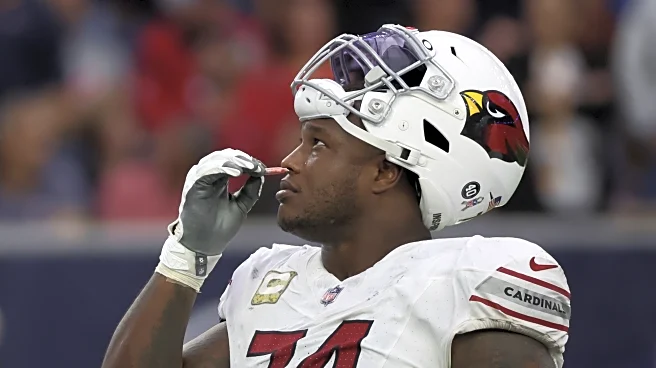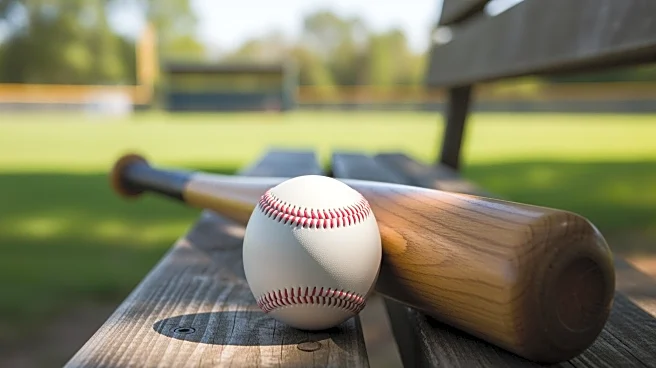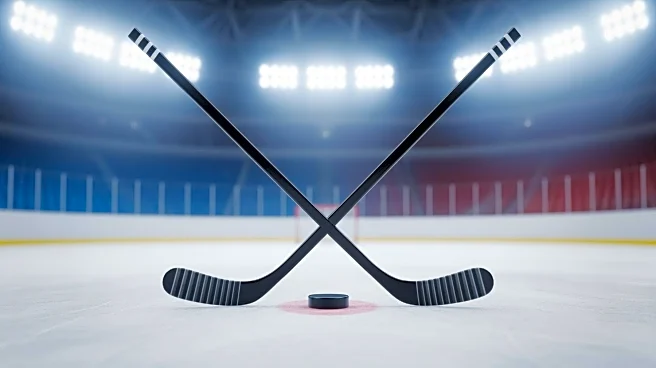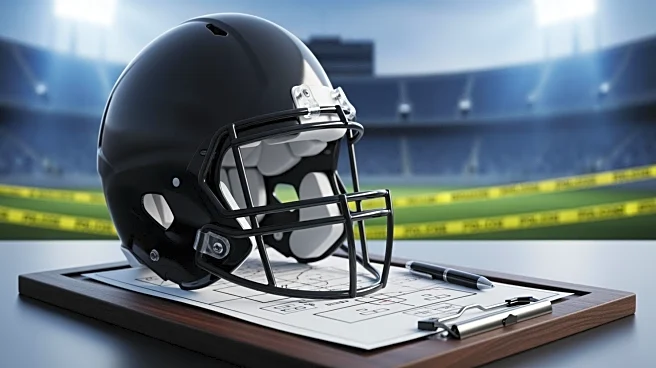The NFL has a full slate of situations and products that are banned. Some are disqualified because of corporate partners with hefty sponsorships. You can’t make a deal with Oakley, then everybody on the sidelines is seen wearing Ray-Bans.
The league is always looking to make a buck from its game. The official hot dog of the NFL? Where’s the contract? Official yoga provider? Use this pen. Official cola brand? That should bring in a bundle.
RELATED: HOW TO GET ROTB TO SHOW UP IN YOUR GOOGLE SEARCH
Always
wanting to appease their financial partners, the NFL employs numerous layers to protect the shield.
Drugs, supplements, and vitamins all play a role in the health of the athletes they employ. However, each category differs considerably in how it is regulated and its usage.
The league is strict with each grouping. Each NFL club has nutritionists and team doctors in order to regulate the wide array of products that players wish to ingest in order to help their bodies get to where they want it to be.

A lot of players use smelling salts during games. Yeah, they do. Many players depend upon this product during each game in the eventuality that they get blasted to the head area, yet do not have any concussion symptoms or are placed in protocol. Just a minor ding can be enough to offer some sort of disorientation.
Smelling salts are safe and legal. This product is generally harmless when used as directed to help someone regain consciousness after fainting or receive a momentous blow to the head, which can make the player feel a bit woozy. The ammonia in the product is able to get the player out of his temporary funk and allows him to become alert and able to regain focus.
The league decided to take a deep dive into the usage of smelling salts this year. Did they need to ban the products? Regulate their usage? Nothing at all? What are the legal ramifications?
God may have made the earth in seven days, but attorneys now run it.
Last year, the FDA issued a warning about the negative effects of ammonia inhalants, including smelling salts, because they decided that there was potential to mask certain neurologic signs and symptoms. And the salts also could mask certain potential signs of concussion. This meant players might teeter on the edge of being sent to concussion protocol, but don’t quite fit the standards and are, for the moment, allowed to resume play.
If the player had hit the salts first, the ingredients could possibly have fooled the process. And many times, the athlete doesn’t feel any concussion symptoms and, of course, wants to go back into the game regardless of what sideline doctors are pointing to.
The “rub some dirt on it” proverb has always been a good rule of thumb for the game of football. Players want to play. An oft-injured player soon becomes an unemployed player.
The NFL finally made a decision. They sent out a memo that stated that it has prohibited the use of ammonia and smelling salts before and during all NFL games. Keep in mind, smelling salts are found on the shelf at any drug store, big box store, or can be purchased online at any time. They are not banned by any sport globally. When used correctly, they are safe to use.
For NFL players, the product is marketed for alertness and energy boosting as long as they are used as directed by the manufacturer’s label.
The news that the league was banning smelling salts hit pretty hard with some players. It was viewed as one of those moments that cannot be believed. Why? What is the issue? Any player can buy it at Walgreens, bring it home, and yet cannot have it available during a practice session or game? Really?
On the surface, this may not seem like a big deal. But for players during a game, it is a big deal. It is a legal substance that can keep a player in the game or alter his state of mind and end up standing on the sideline trying to get his emotions together enough to be able to go back into the huddle. It’s a real thing that most fans do not realize goes on during live games.

Essentially, the player gets a nice shot when he needs it before another series.
San Francisco 49ers TE George Kittle was very vocal about the new ruling. He interrupted an interview when he first heard the news on the NFL Network to air a grievance. Kittle mentioned possibly retiring if he can’t use smelling salts during live games.
The NFL’s memo would prohibit any league team from providing or supplying ammonia in any form beginning this season. That includes ammonia capsules, inhalers, ammonia in a cup and any form of “smelling salts.”
The duration of the ban would apply to the game itself, but also any pregame activities and during halftime, including all sidelines and locker rooms.
Kittle went on to say that he is a regular user of smelling salts, taking them for a boost of energy before every offensive drive.
The athlete gets a forearm or a knee to the head, becomes a bit wobbly, but not enough to be deemed for concussion protocol. The player hits the smelling salts, then is suddenly revived and alert. Now, he can play. In every single NFL contest, this is a common scenario.
But until now, it was the individual teams who distributed the smelling salts and had them at the ready.
The NFL sought to change this policy due to the FDA’s findings. The last thing the league wanted was another medical issue that would result in a series of lawsuits. The easiest thing to do was to ban them. Problem solved – no attorneys to deal with, or years in court fighting who was in the wrong on game days.
If not used correctly, the ammonia aroma of smelling salts can cause coughing, runny eyes, headaches, and even vomiting. People who have nasal issues already could experience chemical burns inside their nose, and prolonged usage or high doses have triggered lung damage.
But this story didn’t end there. You know how the game of football is; there must be a Hail Mary in this saga somewhere.
What if the NFL didn’t ban smelling salts, but instead banned the individual clubs from being the source and distributing them? Would that work? This would then place the responsibility of each player who wanted the merchandise at the ready to buy the product, and bring it to the game themselves. On their own accord.
This would then allow the players to keep using them as they desired, and shift the responsibility from the teams – to the athletes.
Game, set, match.
The NFLPA later sent out a message that gave some clarification to the league’s ban on ammonia products. The memo from the union stated:
“We were not notified of this club policy change before the memo was sent out. To clarify, this policy does not prohibit player use of these substances, but rather it restricts clubs from providing or supplying them in any form. The NFL has confirmed this to us.”
The original NFL memo had been interpreted to mean an all-out ban on using smelling salts during games and all portions of the field and locker room.

The union memo continued:
“This prohibition applies to all club personnel (including but not limited to team physicians, athletic trainers, strength and conditioning coaches, and coaches or other personnel). The prohibition applies through the entirety of all NFL games, including during all pregame activities, and halftime, and applies on the sideline and in stadium locker rooms.”
Kittle revealed that he uses smelling salts on every drive during games for the entirety of his NFL career. It is used to give players a conscious jolt, which it does without question.
In spite of the confusion, the union has clarified that players may have and use smelling salts during games as long as they bring their own supply.
The health conversation about the use of smelling salts may continue, and so is the game usage.

















